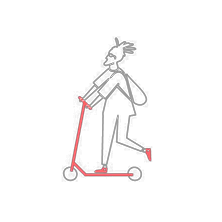
LEARNING CENTRE
“THE 22 JULY CENTER”
NORWAY
The centre works with the mediation of memory and knowledge about the terror attacks in Oslo and on Utøya on 22 July 2011.
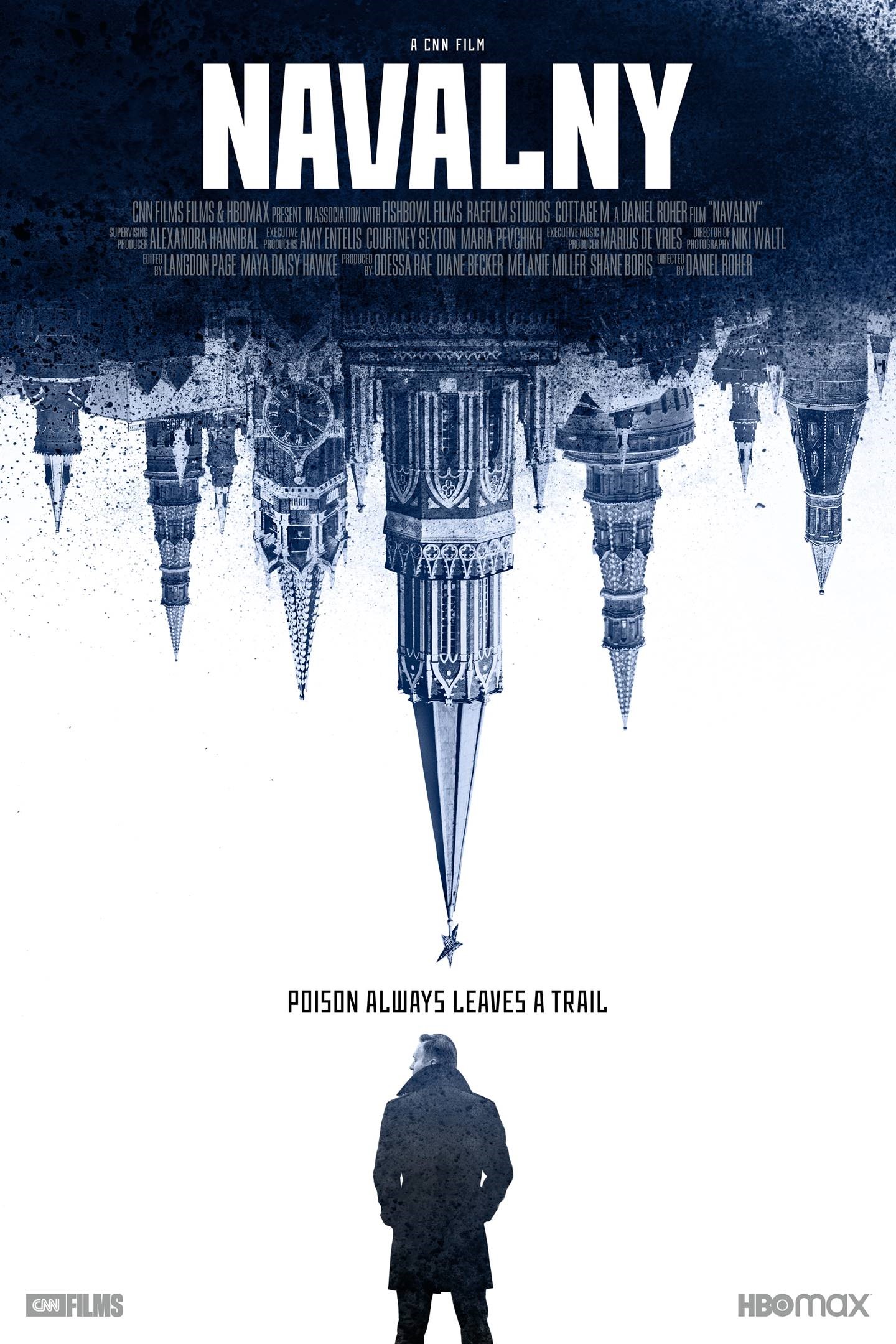
DOCUMENTARY
“NAVALNY”
FIGHT FOR FREEDOM
The Oscar-winning documentary “Navalny” (2022) follows Russian opposition leader Alexei Navalny, the story of his assassination attempt in 2020 and its investigation. The documentary film depicts an attempted assassination of the politician by means of Novichok nerve agent, his survival, rehabilitation, and the investigation of the incident. All evidence pointed to the involvement of Russian special services. In the end of the film, Navalny announces his intention to return to his homeland. The politician was arrested in January 2021 right in the airport in Moscow and tragically passed away in a Russian prison 3 years later on February 16, 2024, under circumstances that remain unclear.
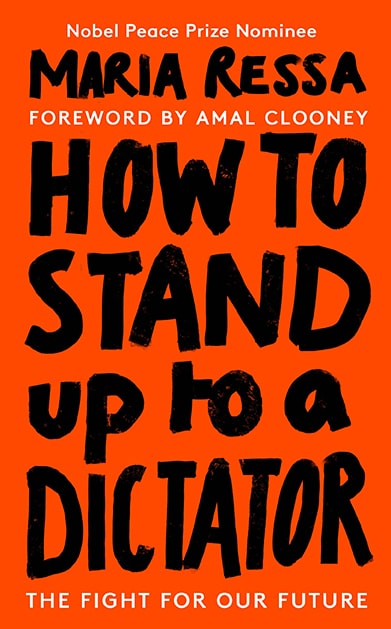
BOOK
“HOW TO STAND UP TO A DICTATOR”
MARIA RESSA
Maria Ressa, is a Filipino-American investigative journalist, known for detailing the weaponization of social media and for exposing government corruption and human rights violations in the Philippines. She was awarded the 2021 Nobel Peace Prize, cited for using “freedom of expression to expose abuse of power, use of violence, and growing authoritarianism in her native country.”
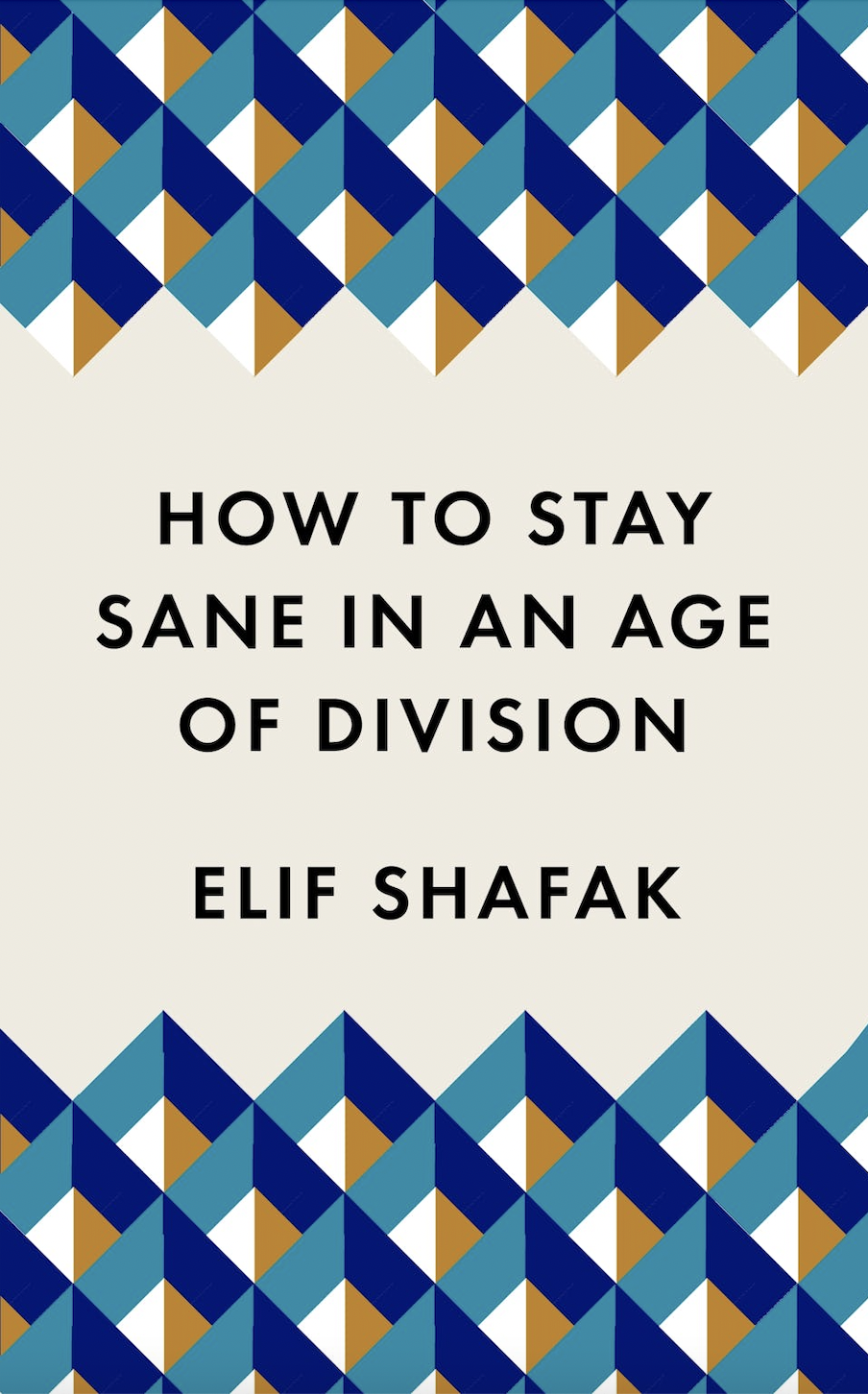
BOOK
“How to stay sane in an age of division”
Elif Shafak
“How to stay sane in an age of division” is about the potential of staying optimistic in an era characterized by an ongoing sense of crisis and a pervasive anxiety.
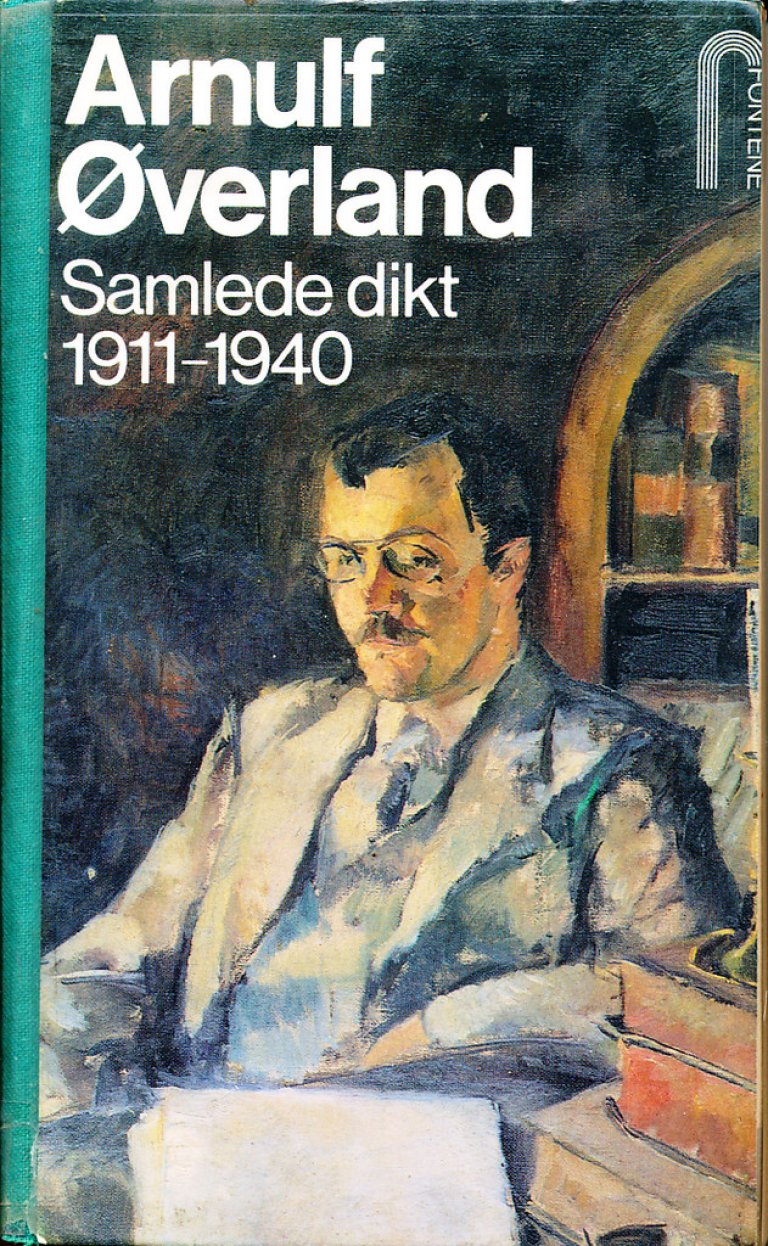
Poem
"Dare not to sleep"
Arnulf Øverland
The poem by Arnulf Øverland, first published in 1936, is about the Nazism and Fascism's advances in Europe. It serves as a warning against apathy, indifference and disregard for human life, and about what would happen.
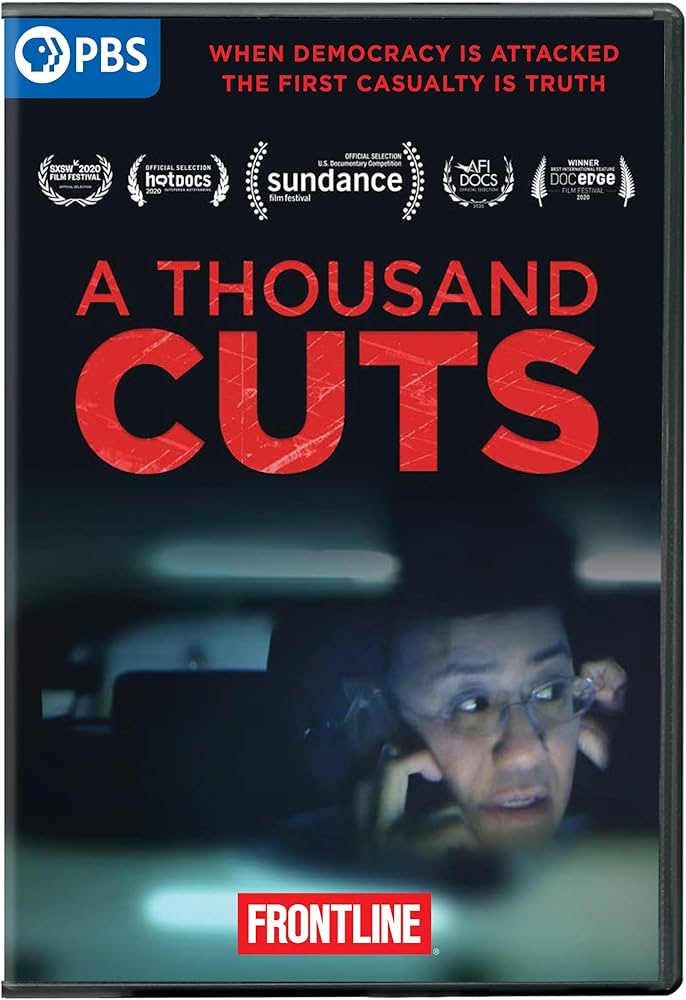
DOCUMENTARY
“A THOUSAND CUTS”
THE PHILIPPINES
“Death by a thousand cuts” means a gradual decline or failure as the result of many minor mishaps. The documentary focuses on the situation with press freedom in the Philippines, the conflictual relationship between the press and the government, the role of social media in politics. It primarily follows Maria Ressa, investigative journalist and founder of the online news site Rappler, depicting the risks she was exposed to in connection with her work.
